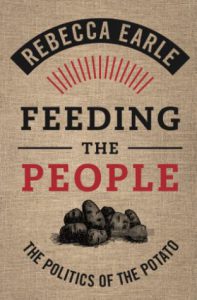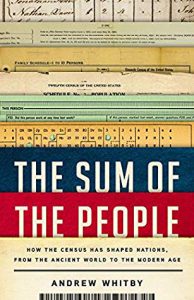Wildly … Imaginative… Reasoning, Close Yet Still Incorrect Conclusion. Most any math teacher (even former ones like myself) have stories of situations where when told to “show their work”, a student somehow has so-incorrect-as-to-nearly-be-incomprehensible reasoning, but somehow still manages to wind up at an answer that is close but still not quite correct. Maybe a decimal point in the wrong position, but the right actual digits in the right sequence, for example. Another example relevant here would be a space mission to explore Jupiter’s moon Europa that somehow launches when Jupiter is at its furthest point from Earth and launches away from Jupiter (or any reasonable path to the planet) to boot… and yet still manages to wind up on Callisto – another of the Galilean Moons of Jupiter with similar properties, though not the originally intended target and not as rich in desired attributes for the science aboard the mission.
This is effectively what Smaje has done here. More conservative readers may not make it even halfway into the first chapter, which is little more than a *very* thinly veiled anti-capitalist diatribe. Even more liberal/ progressive readers will have some tough pills to swallow with Smaje’s ardent defense of at least some forms of private property as the chief means of achieving his goals. And at the end, Smaje does in fact manage to do at least some version of what he sets out to do – make some level of a case for A Small Farm Future. The case Smaje makes here is indeed intriguing, despite being so deeply flawed, and absolutely worthy of further examination and discussion. It seems that he is simply too blinded by his own political and philosophical backgrounds to truly make the case as it arguably should have been made. Recommended.
This review of A Small Farm Future by Chris Smaje was originally written on August 26, 2020.


